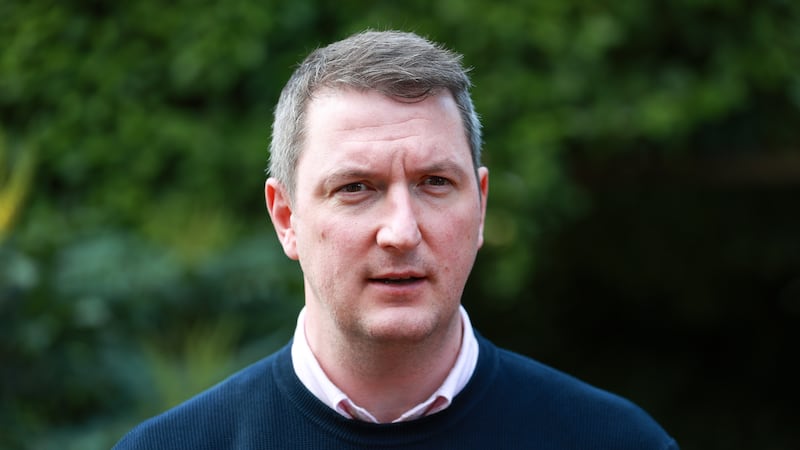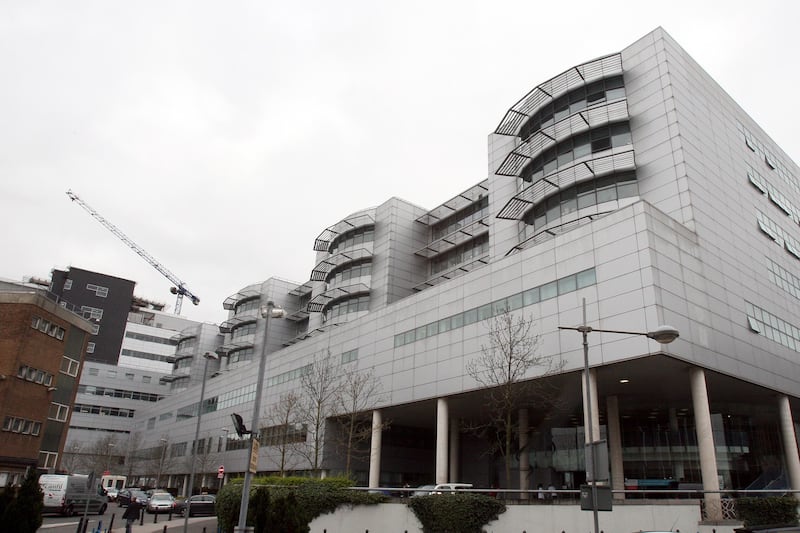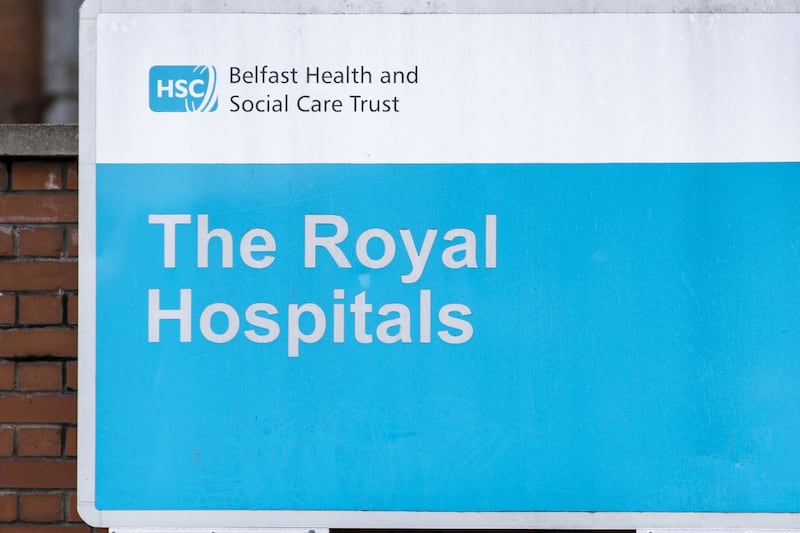BELFAST health trust has claimed its decision to keep secret a report which led to the biggest patient recall in the NHS cannot be legally challenged, private correspondence has revealed.
In a letter sent to a politician who requested the internal probe which sparked an investigation into Dr Michael Watt, officials state the document has an "absolute exemption" from release under Freedom of Information laws - due to "sensitive personal information" about the consultant neurologist.
The NHS correspondence, which was sent a fortnight ago to SDLP Assembly member Nichola Mallon, also states this exemption cannot be subject to a "public interest test".
A leading lawyer has described the trust response as one that "flies in the face of openness and transparency and access to justice".
Kevin Winters, who is representing five former patients of Dr Watts in medical negligence cases, said he had never in his 20 years experience seen the use of an 'absolute exemption' in public legal challenges of this kind.
"A decision to shut down on the release of this information will fuel suspicion not only among those greatly affected but also the wider public. It is indefensible," he said.
The development comes five months after the unprecedented recall of more than 2,500 former patients of Dr Watt due to "safety concerns" around his work.
Fears about misdiagnoses as well as treatment plans of patients with a wide range of brain-related conditions - including Multiple Sclerosis, Parkinson's Disease and stroke - were expressed.
However, officials have refused to disclose what led to whistleblower medics raising the alarm in December 2016.
Ms Mallon, who has been lobbying the Belfast trust for nine months of behalf of dozens of patients affected by the scandal, hit out the trust's failure to provide even the terms of reference for a year-long independent review requested by the trust into almost 50 patient cases. This review was carried out by the Royal College of Physicians and was paid for by the trust.
The north Belfast MLA made a written request for the documents in July.
The trust issued a reply last month, stating: "...a decision to exempt the report including the terms of reference from release under Section 40 (2) of the Freedom of Information 2000 has been taken. This is an absolute exemption and not subject to a public interest test."
It adds: "It is public knowledge that the report refers specifically to Dr Watt and for this reason we would not be in a position to redact any part of the report to release it to the public.
"This is because it is clear that the report relates directly to Dr Watt. This is deemed to be sensitive personal information about another individual and disclosure would breach one or more of the principles of the Date Protection Act."
But Ms Mallon branded the response as "outrageous".
"How can the release of this report not be in the public interest when its the biggest ever patient recall in the health service? My fear is that this is about protecting the trust," she said.
"The recall was announced in May and there are seven different investigations about it. Yet the patients at the heart of this still do not know what triggered the concerns about Dr Watt and many are stilling suffering serious health problems.
"They refer to 'sensitive personal information' but this is a report about the consultant's professionlism in his work. I do not see how they've got this exemption - in no way does it add up."








